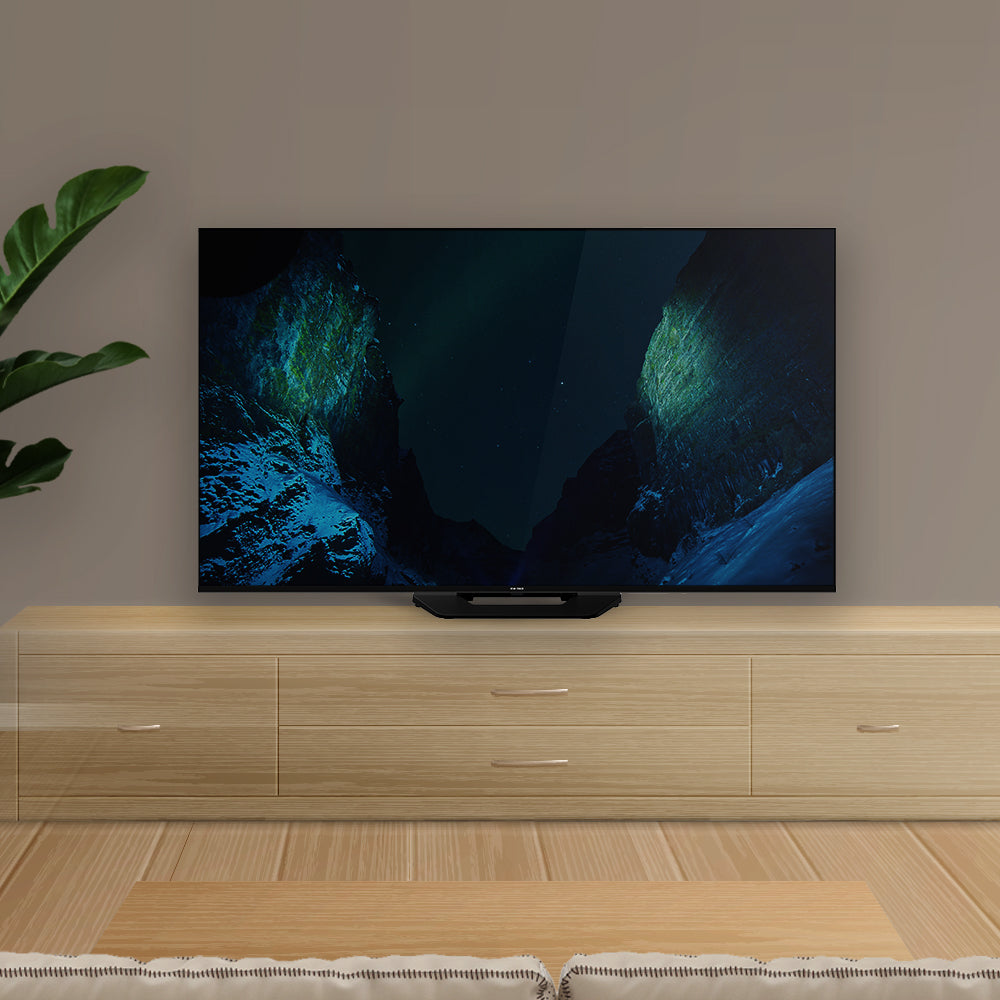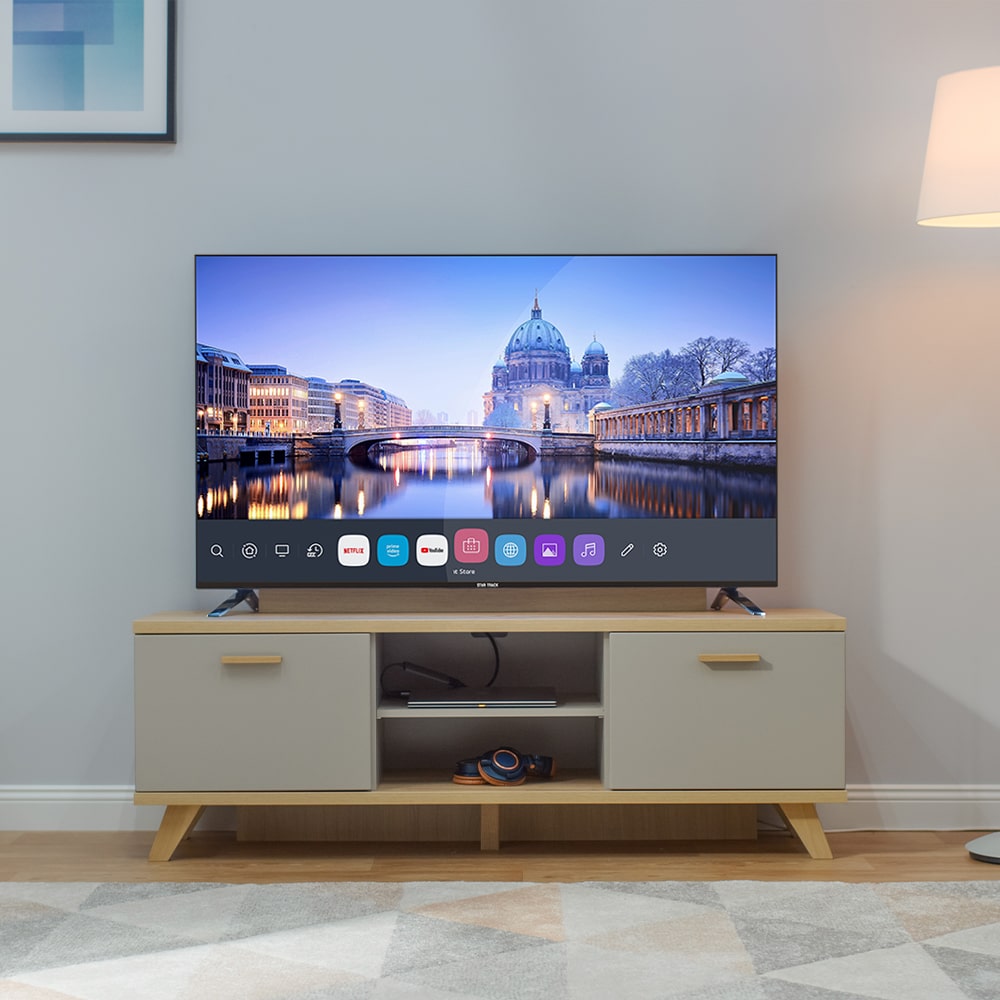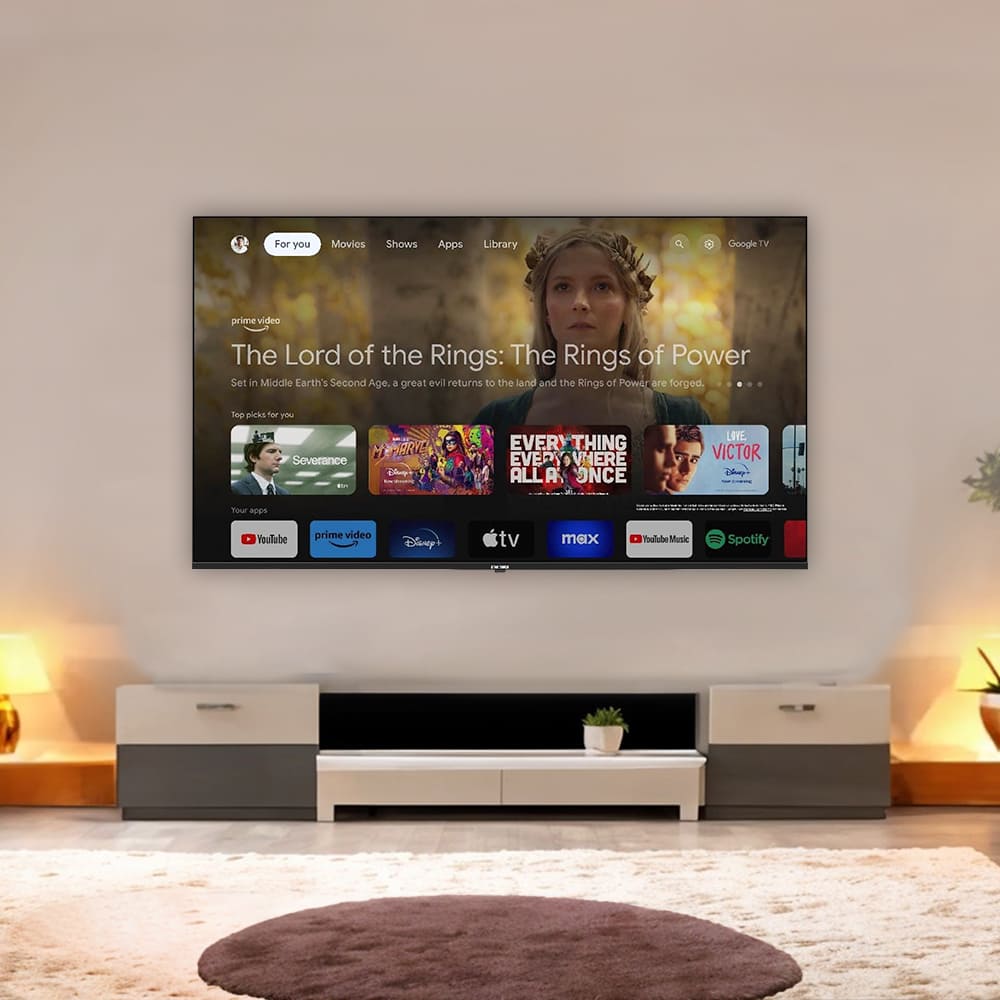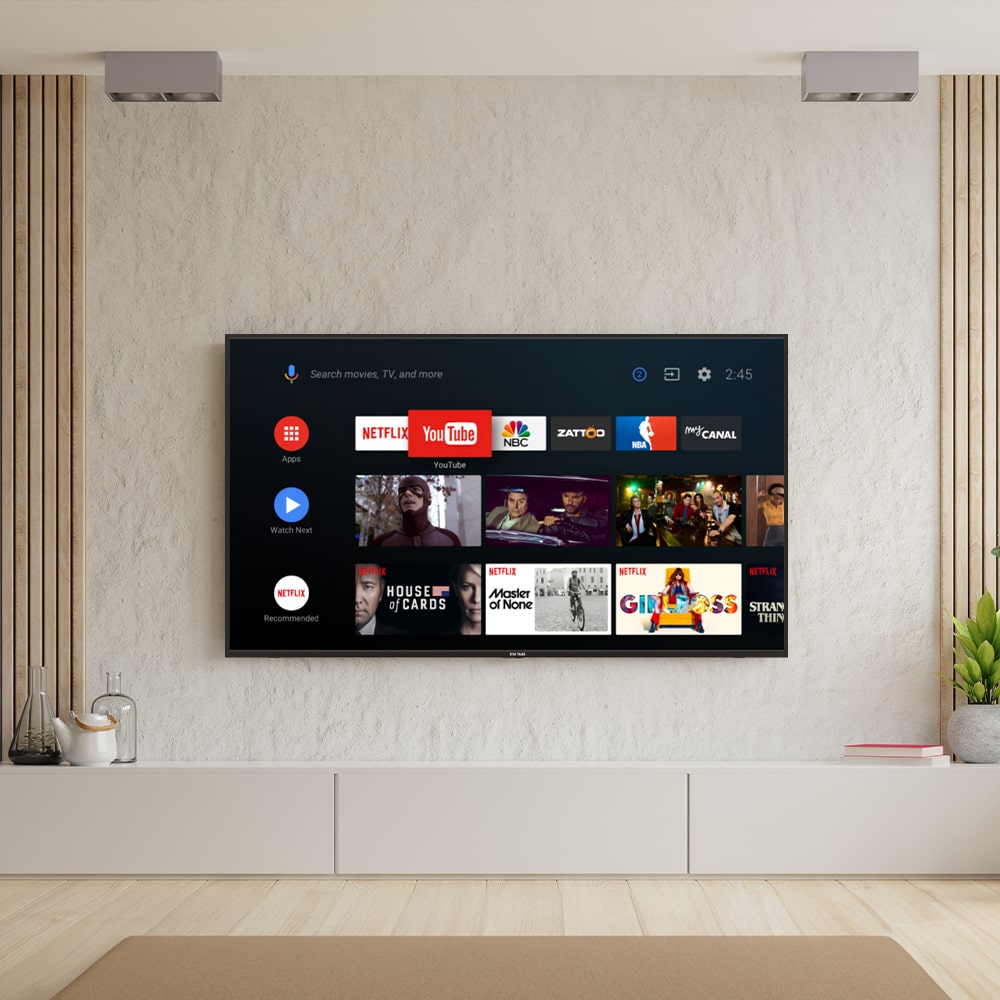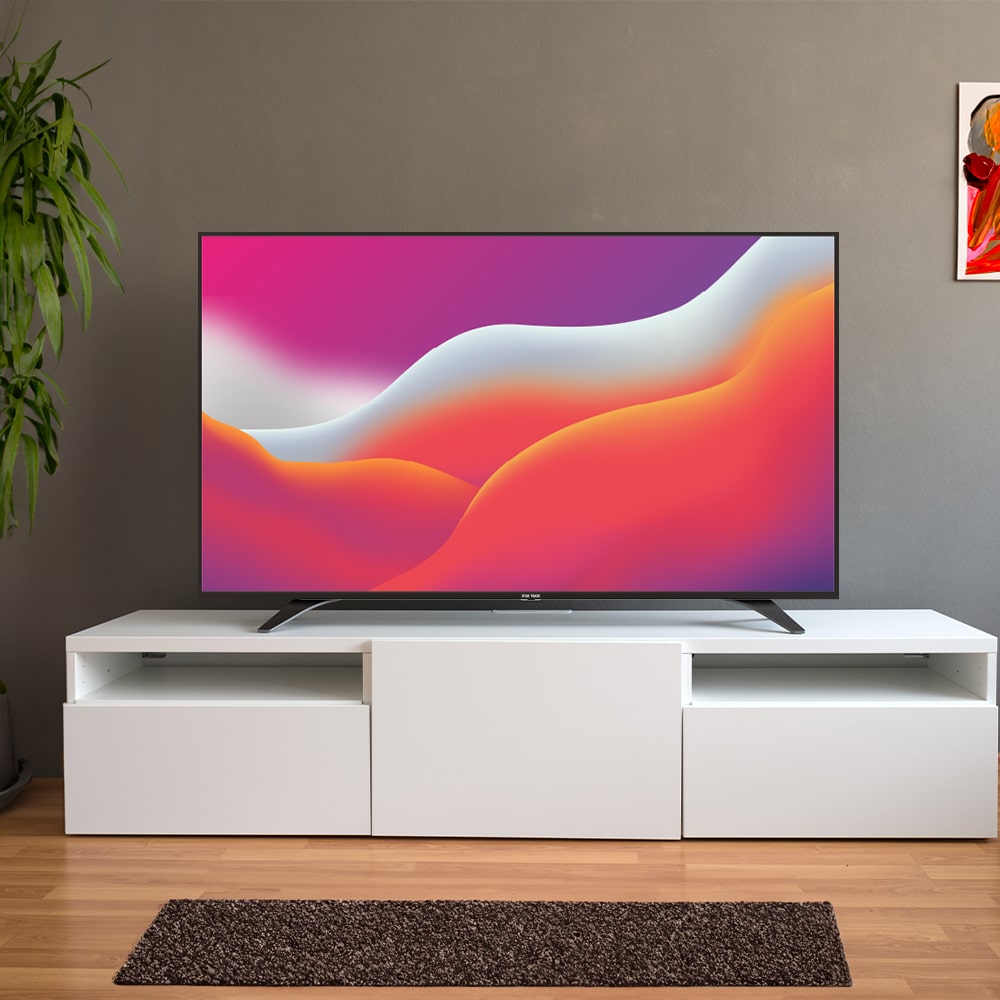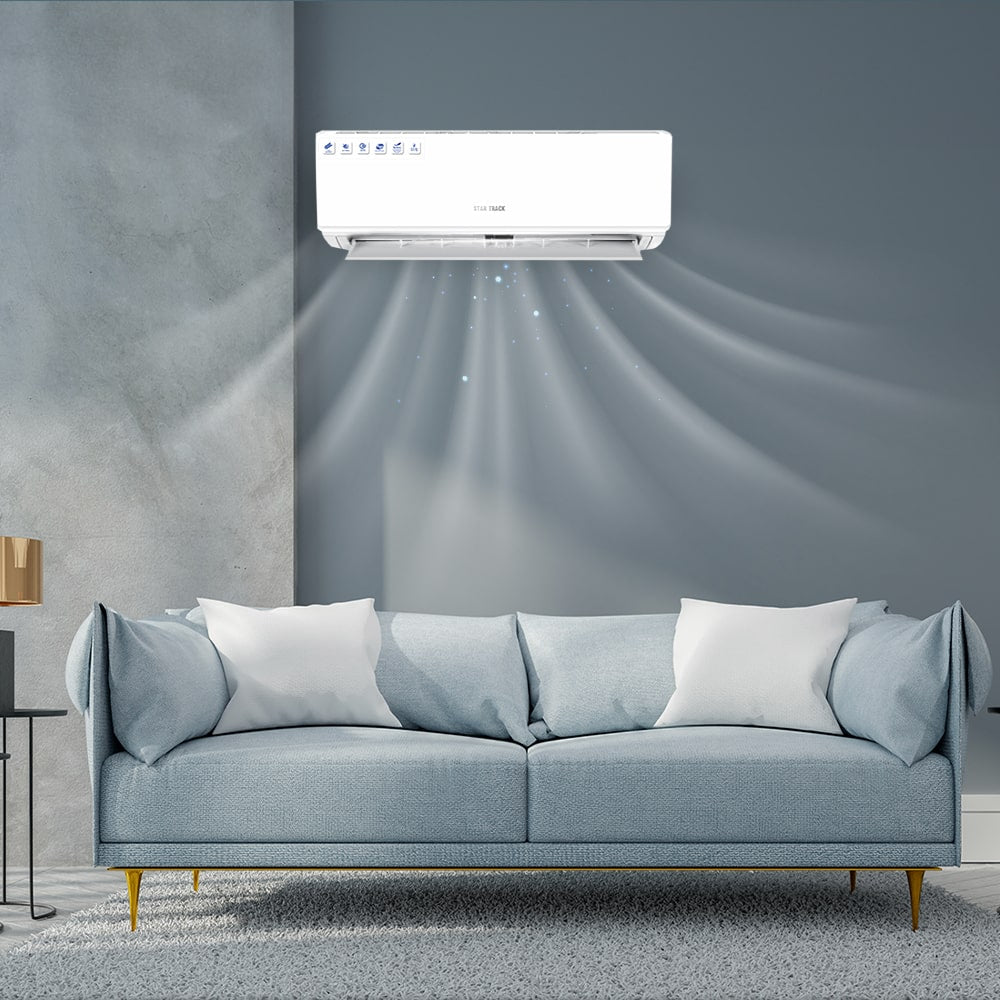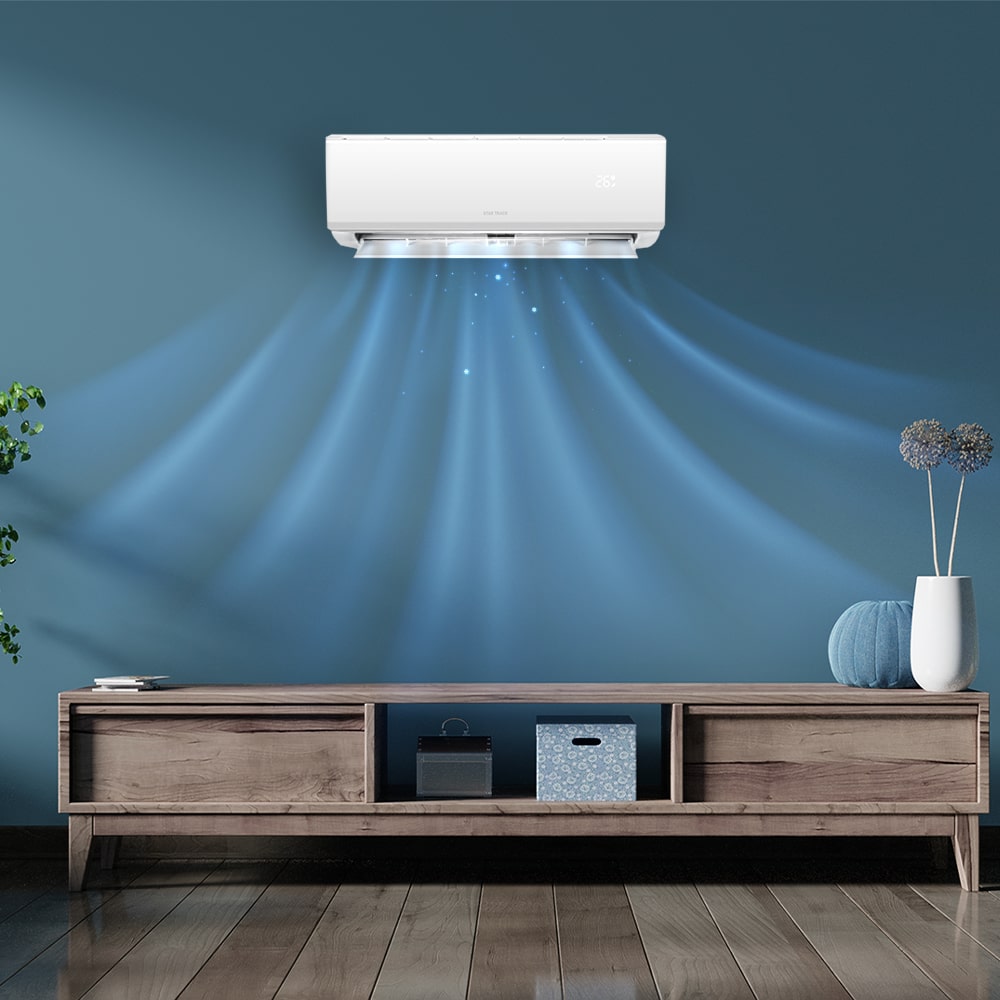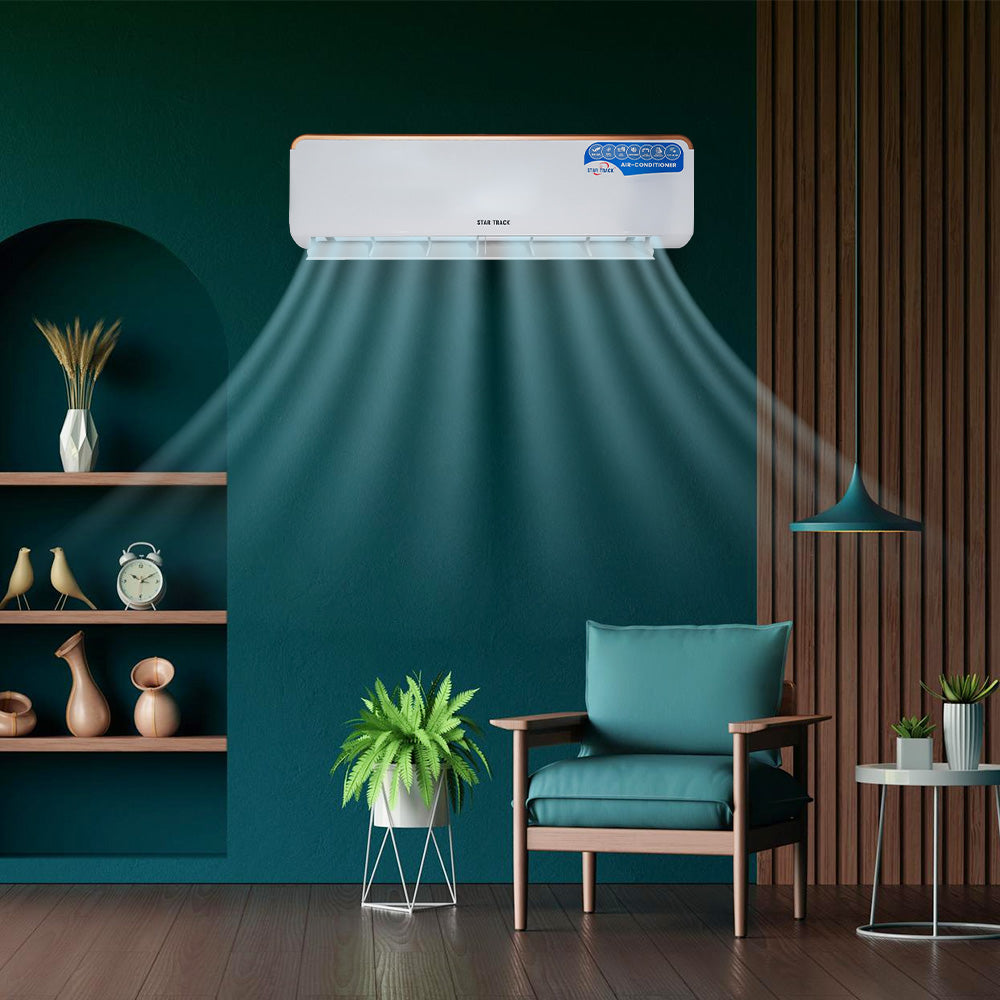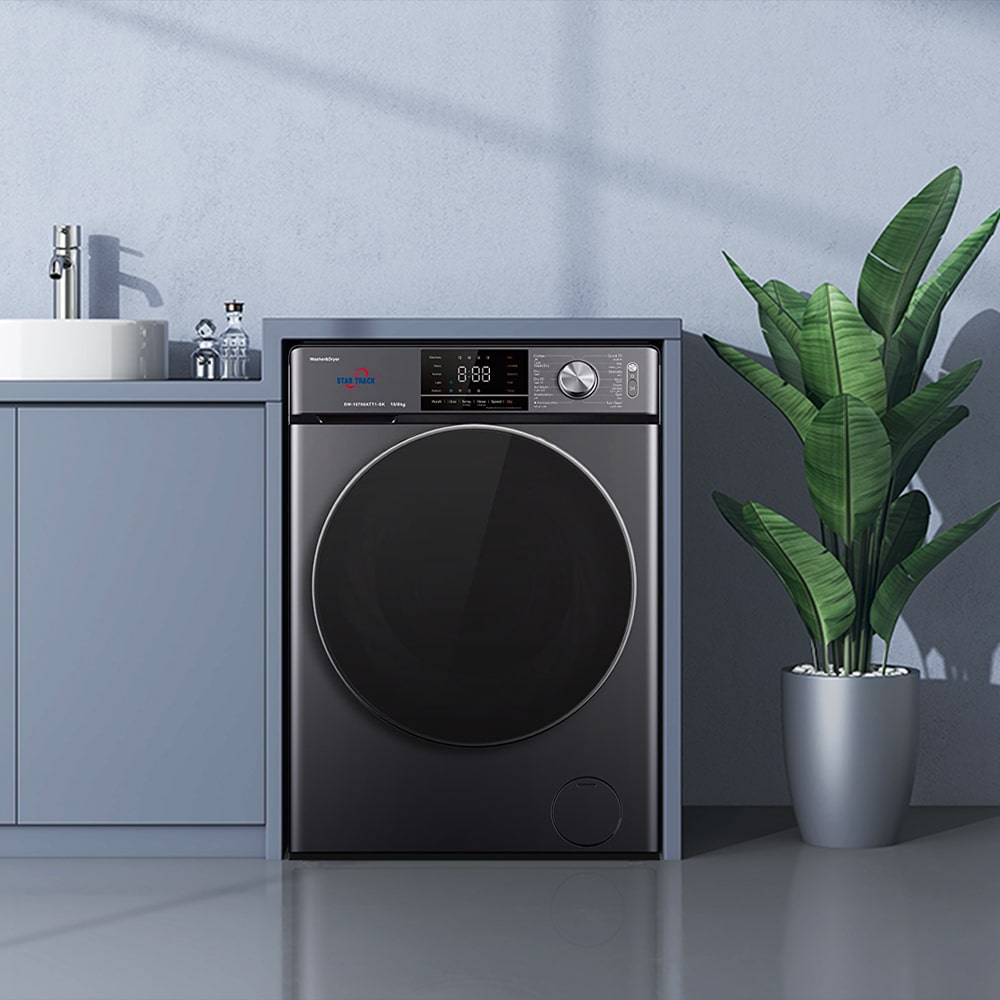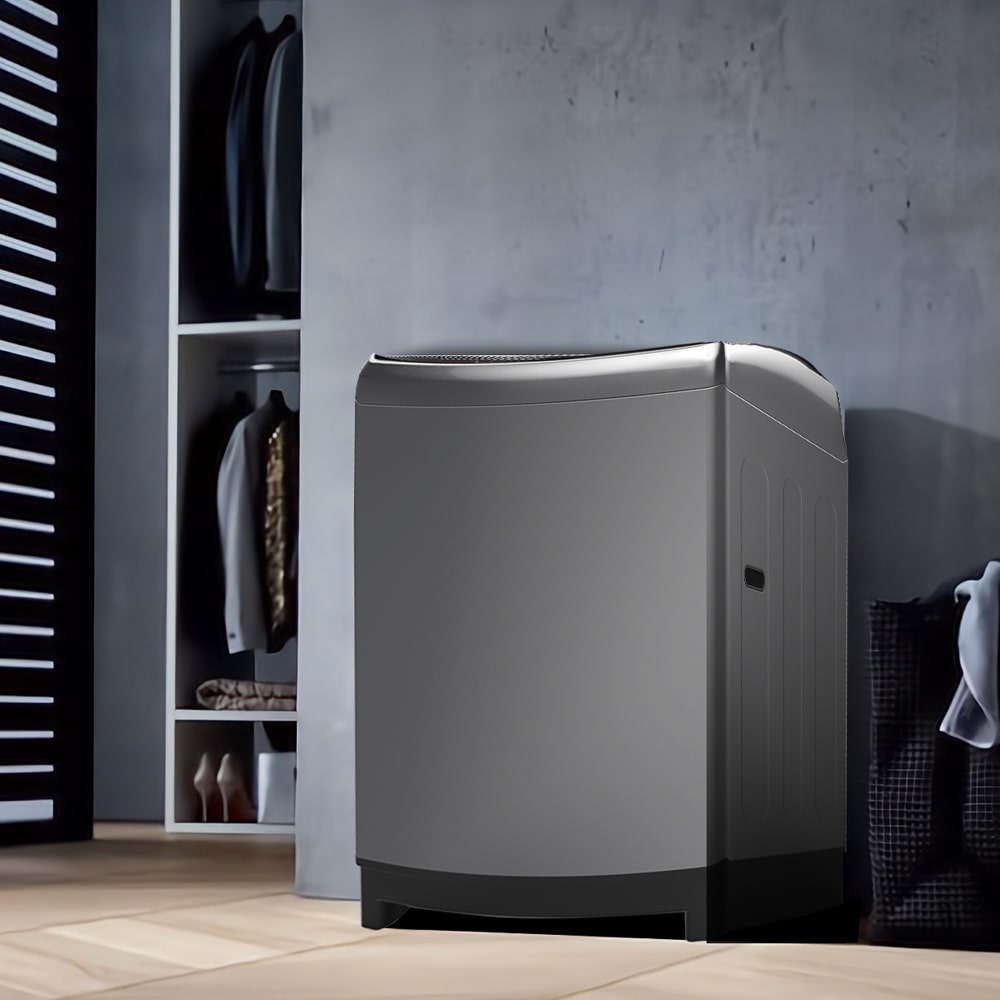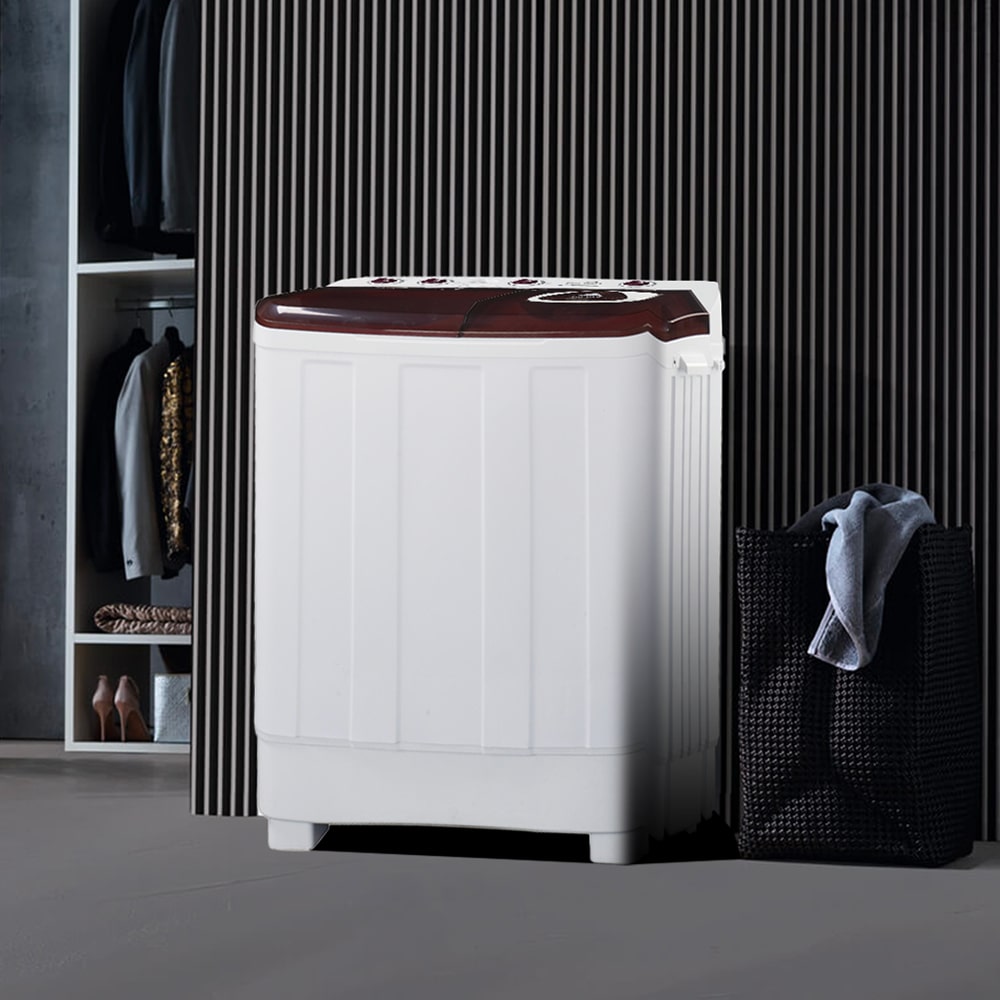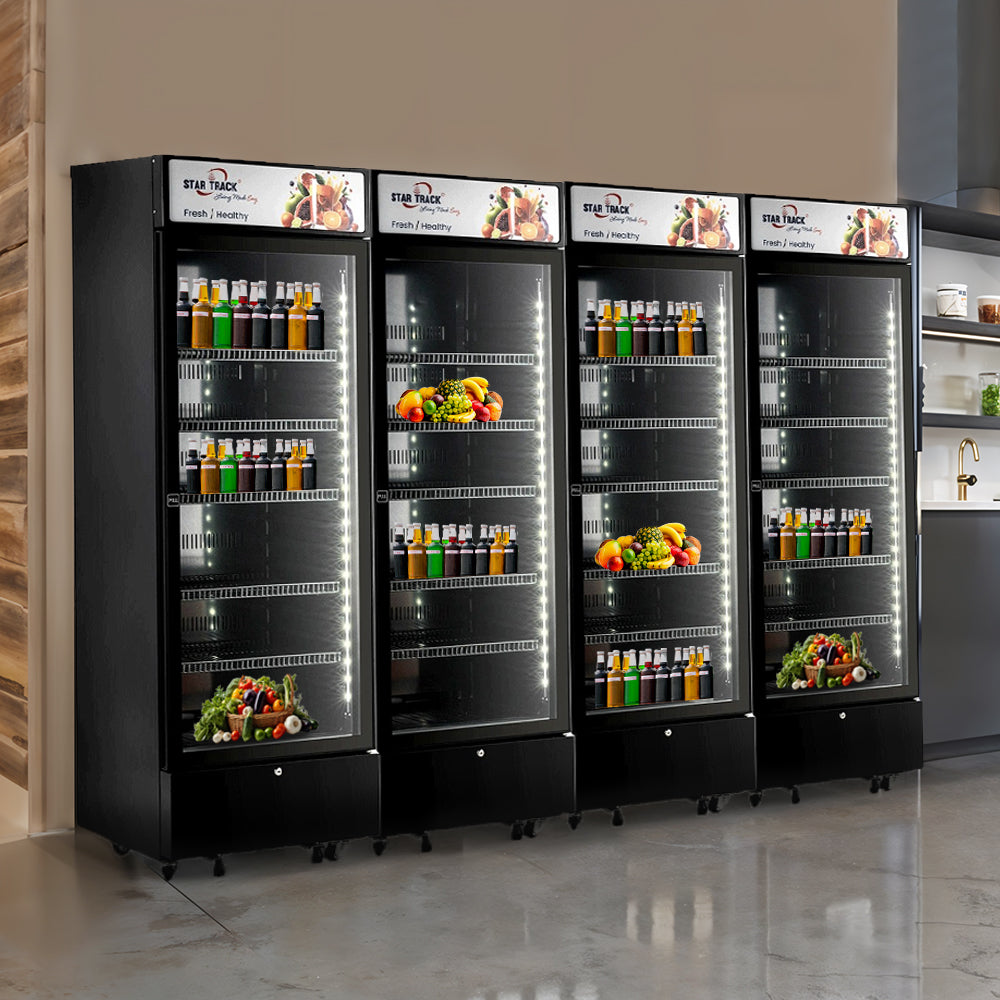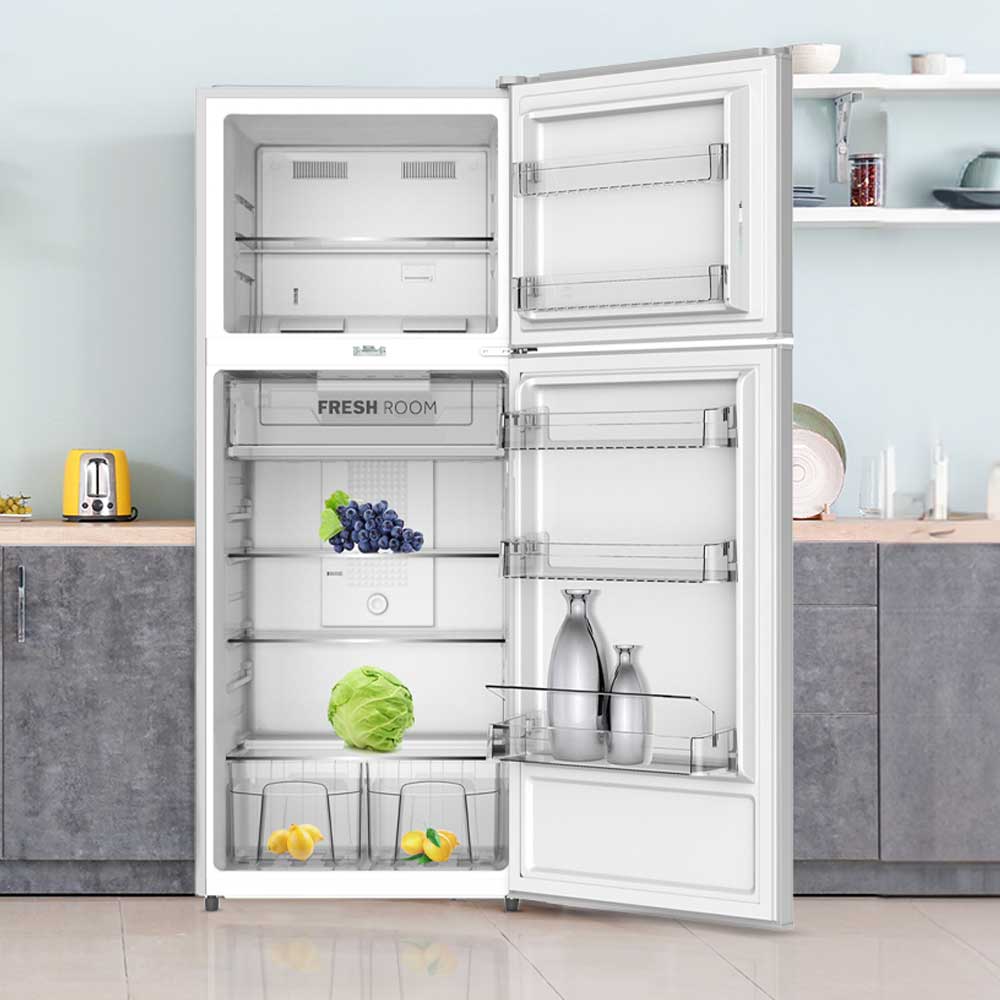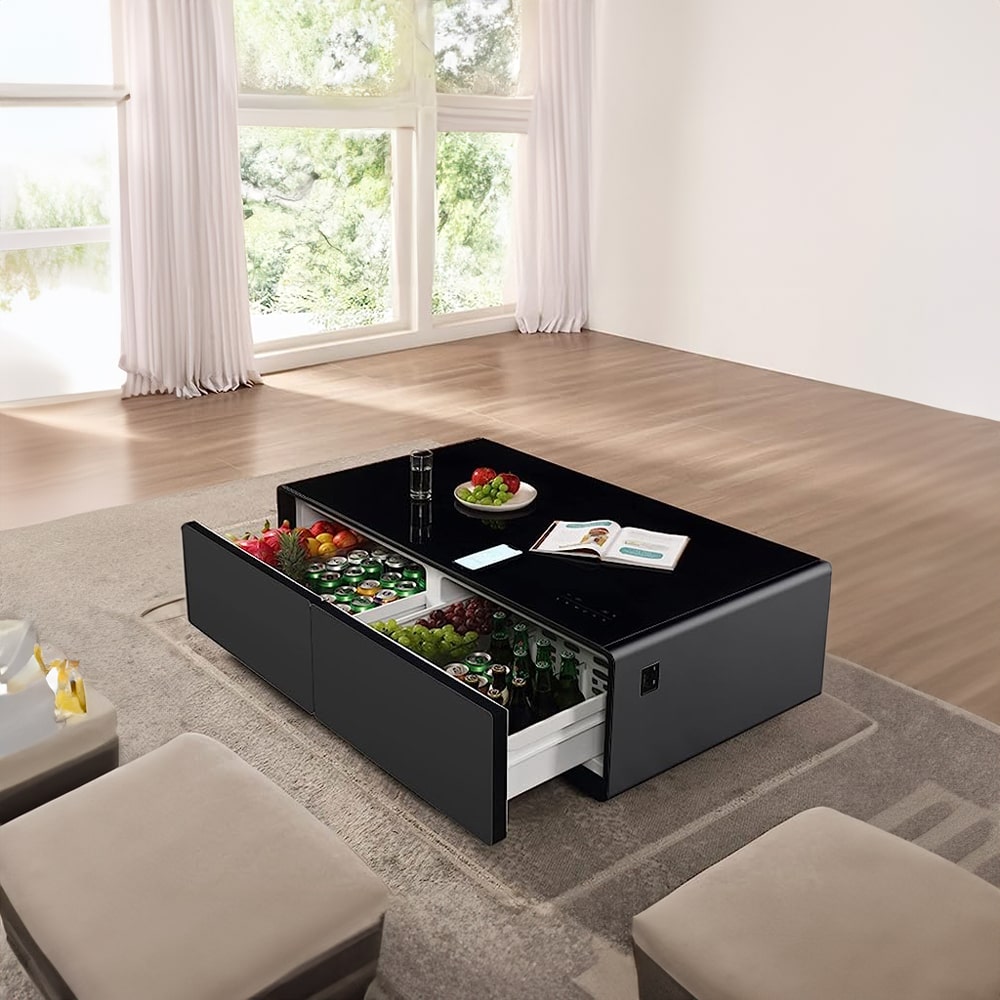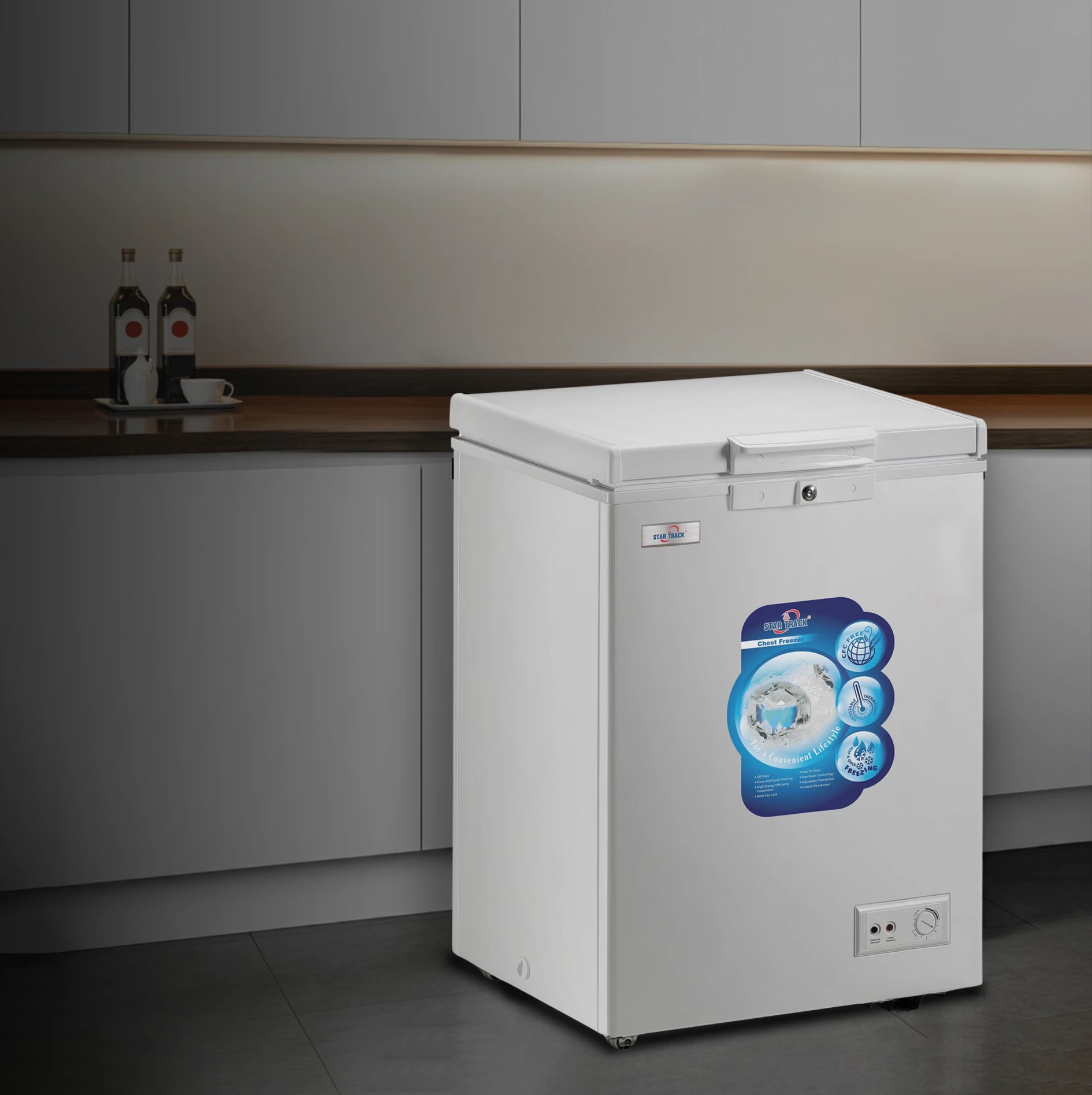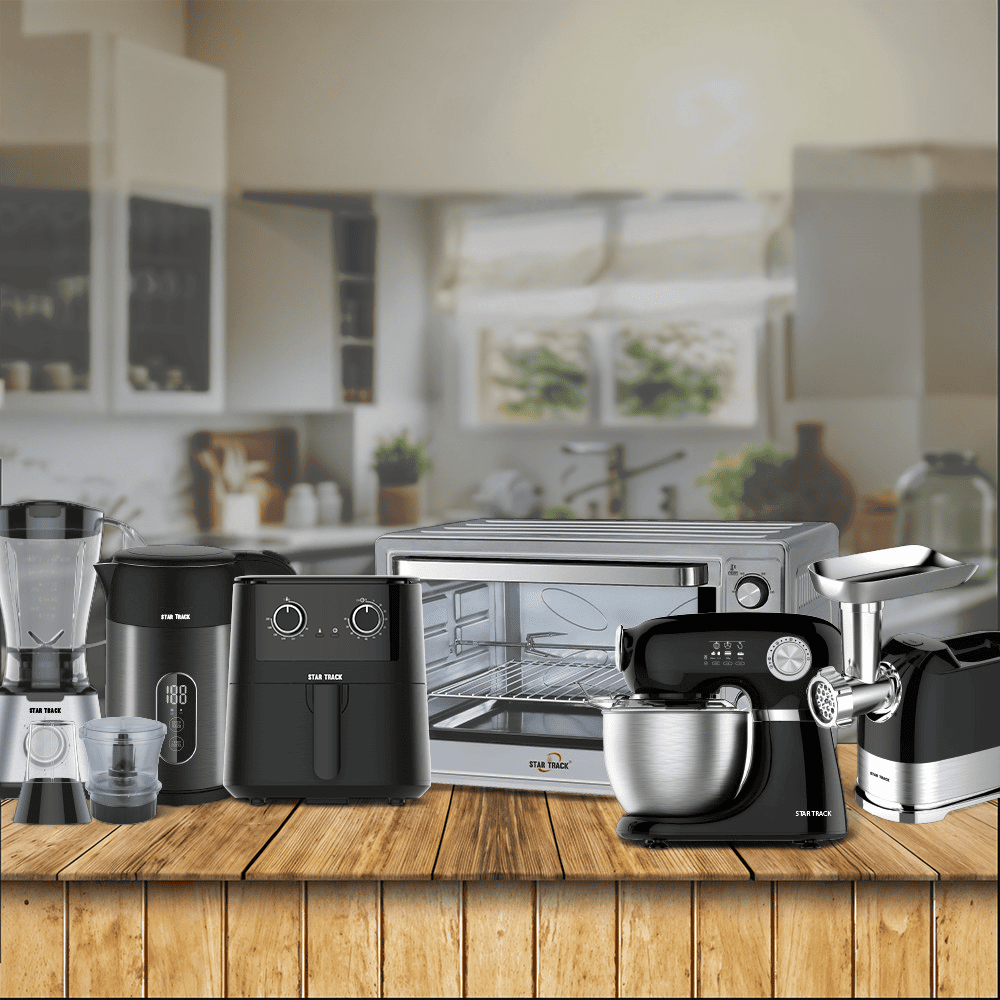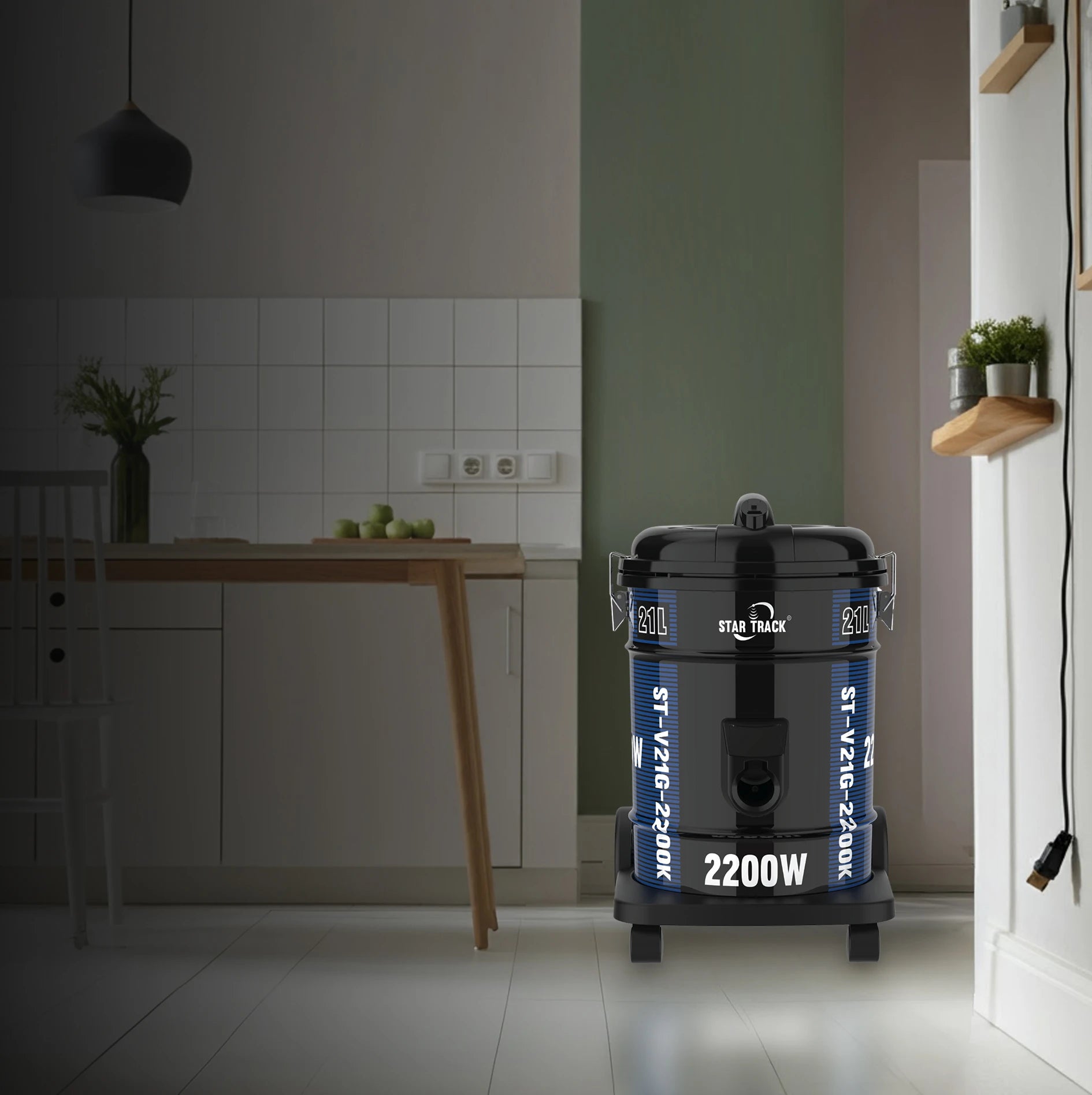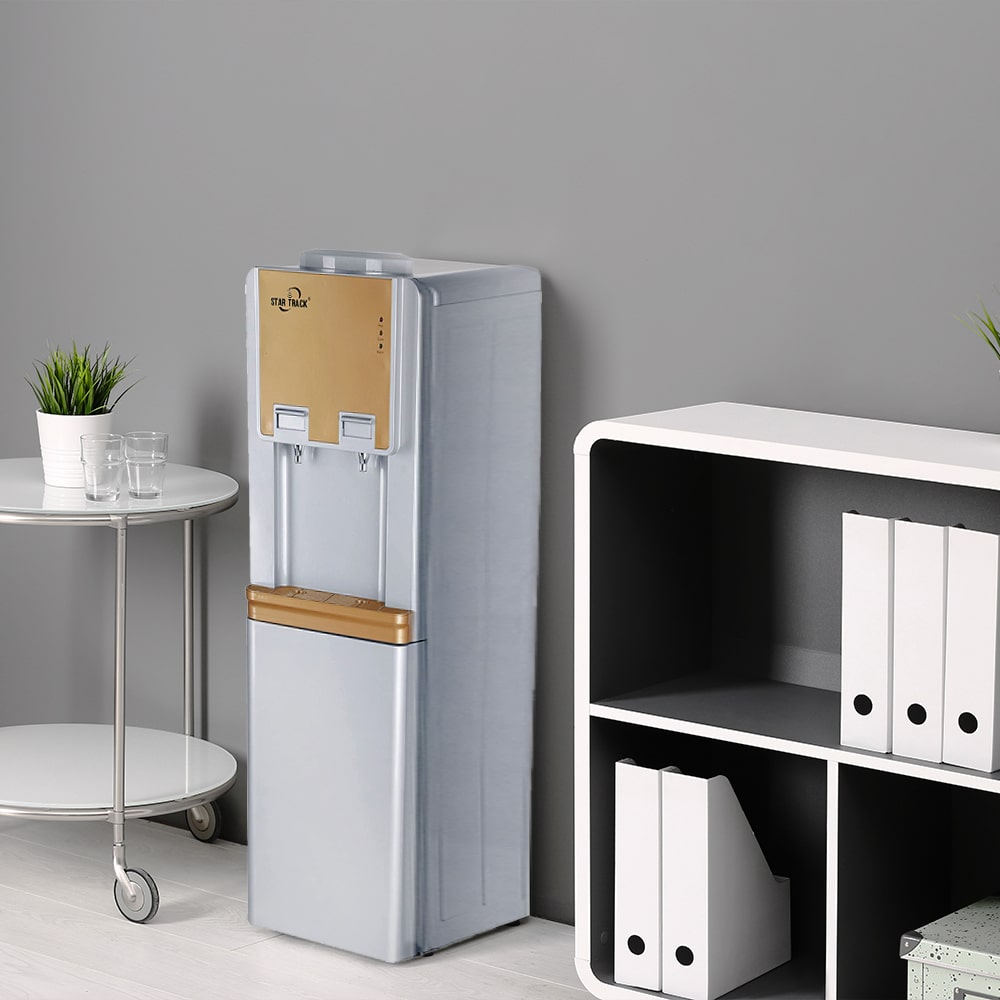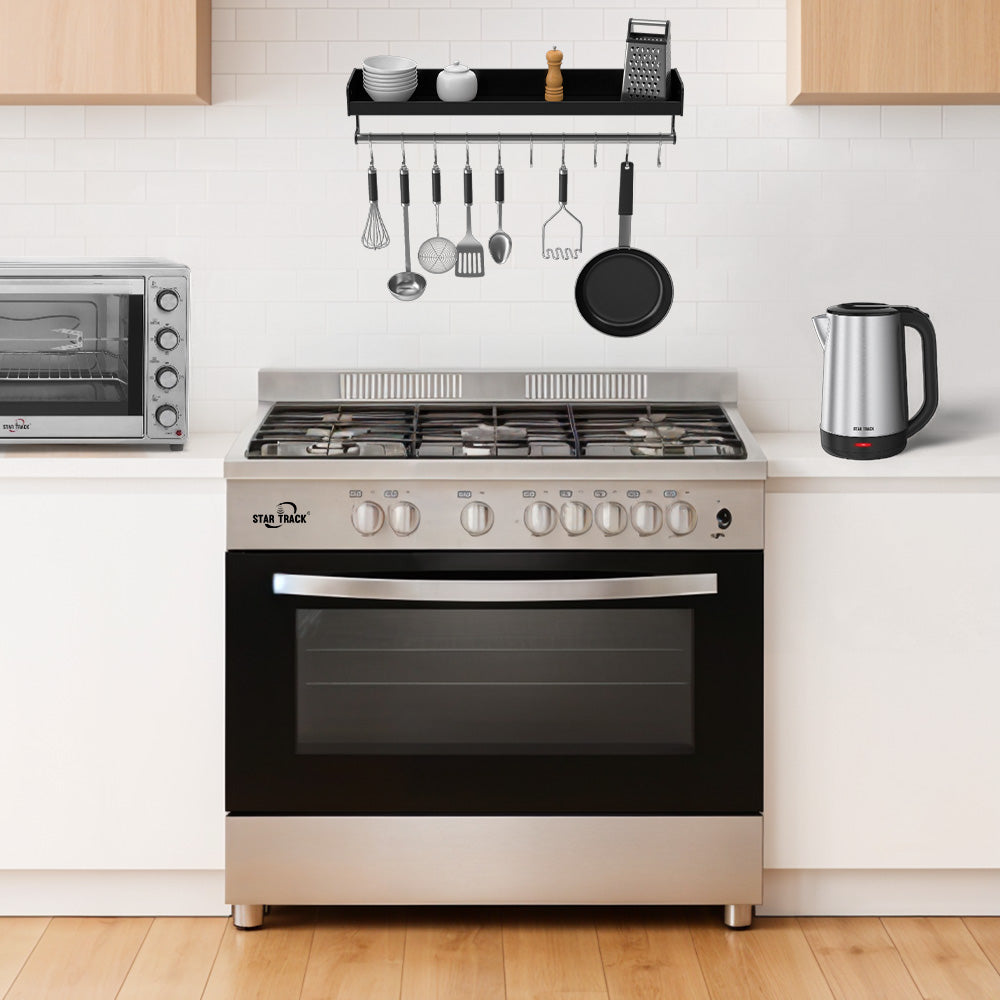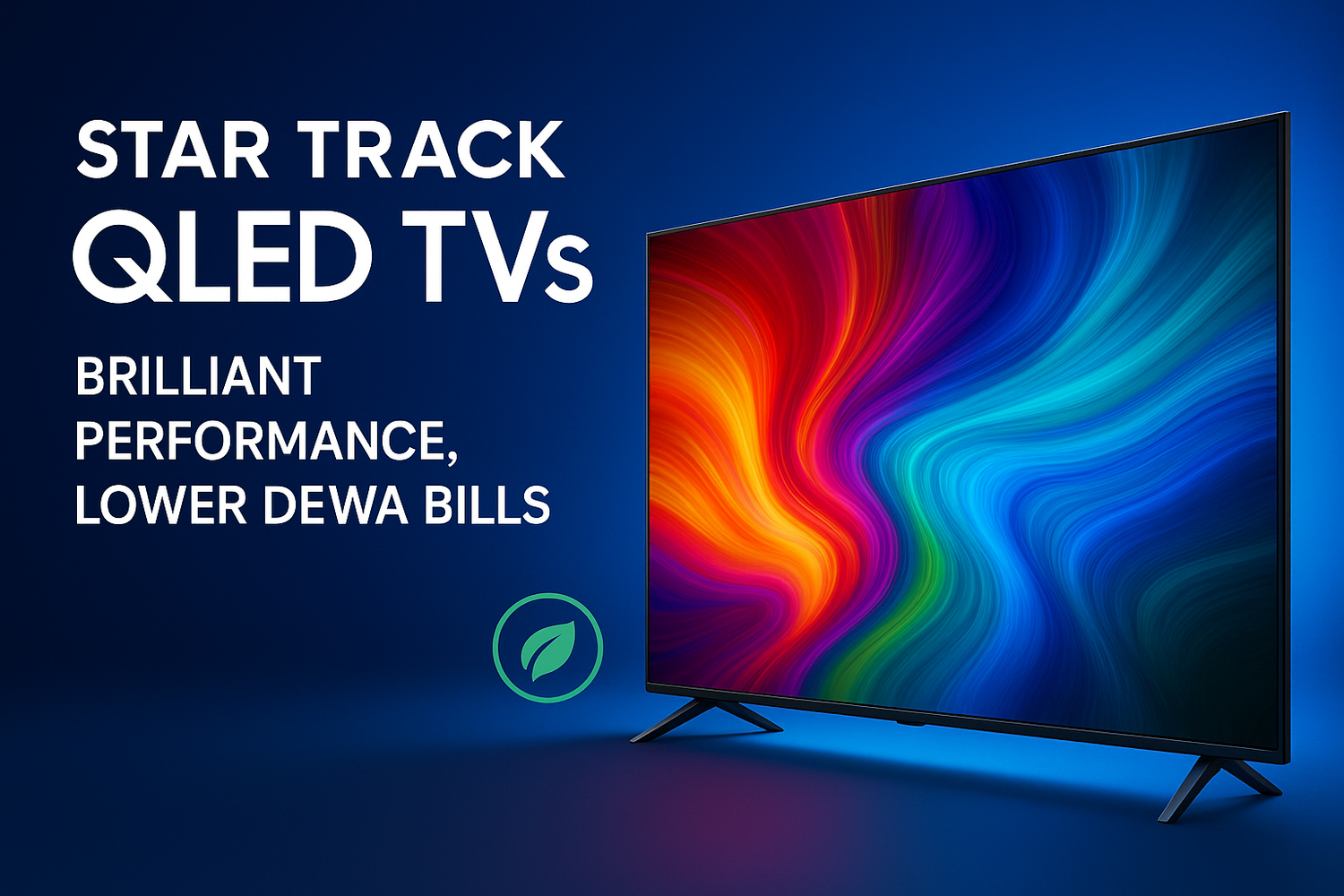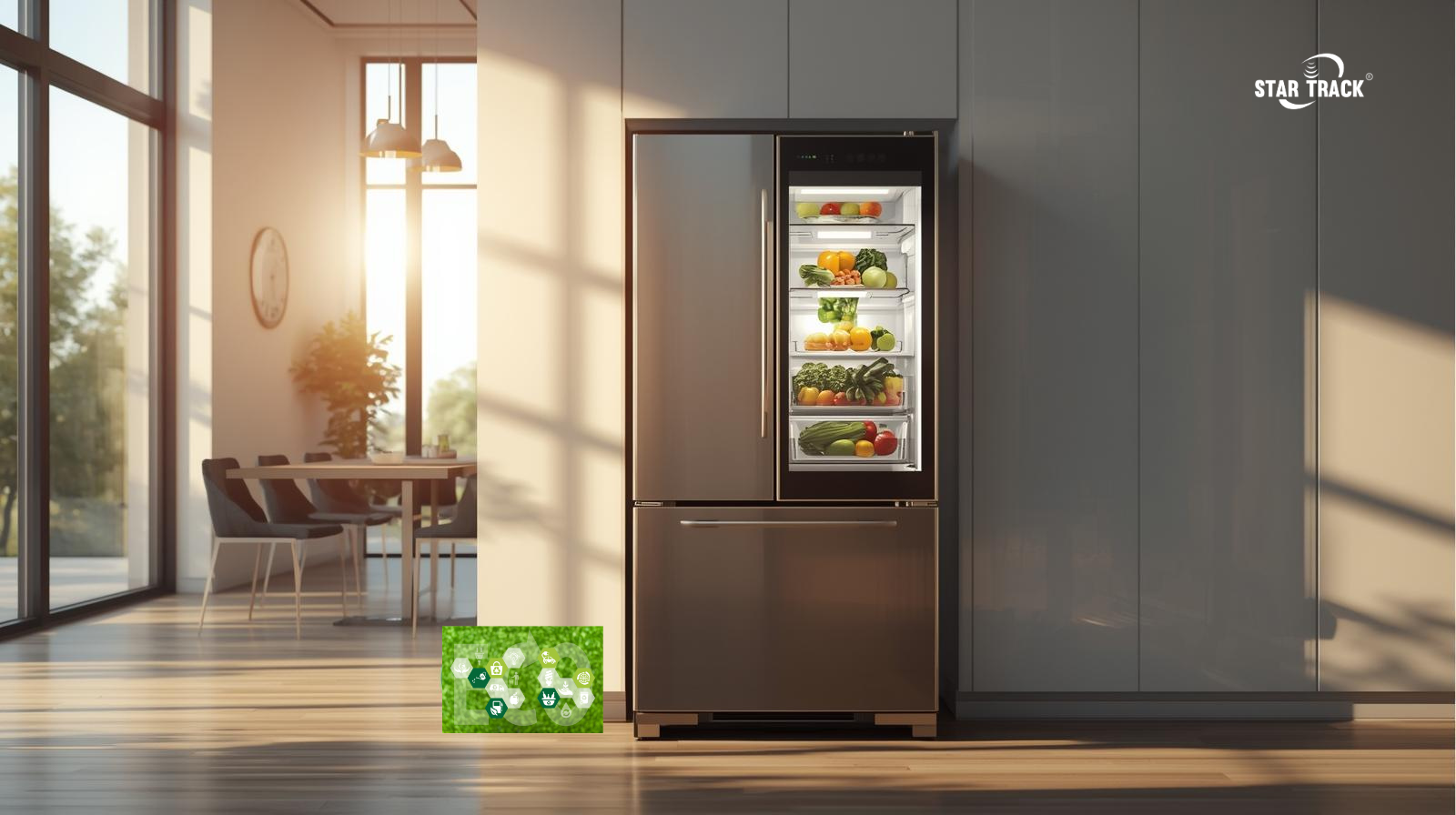Let’s face it—nothing drains your wallet faster than sky-high electricity bills. In the UAE, with sweltering summers and air-conditioned lifestyles, keeping your home cool and your devices running can feel like a never-ending game of “How Low Can You Go?” But what if we told you that small, smart choices could make a huge dent in your DEWA bills? Yep, you can enjoy premium entertainment, stay comfortable, and spend less at the same time. Sounds like a dream? Let’s dive in.
Why UAE Households Struggle with High Electricity Bills
Ever looked at your DEWA bill and thought, “Wait, did I just pay my rent in electricity?” You’re not alone. Understanding why your electricity bill spikes is the first step to controlling it.
Understanding DEWA Billing System
DEWA bills are based on consumption units, which can fluctuate depending on season, appliance usage, and even your household habits. Essentially, the more energy you consume, the higher the bill—no rocket science here, just pure math.
Seasonal Factors Affecting Electricity Costs
Summer in the UAE is brutal. Air conditioners run almost non-stop, pumping cold air into homes like overenthusiastic ice machines. This naturally drives up your electricity consumption. Even fans, refrigerators, and other cooling devices add to the tally.
Household Appliances and Their Energy Consumption
Your fridge, washing machine, oven, and—yes—your TV all eat electricity. Some appliances sip slowly, while others guzzle like there’s no tomorrow. Knowing which devices are power-hungry helps you strategize better.
The Hidden Costs of Entertainment at Home
Relaxing at home sounds harmless, right? But the cost of your entertainment setup might surprise you.
TVs and Energy Usage: What You Need to Know
Modern TVs, especially older LCDs or massive screens, can be sneaky electricity munchers. A few hours a day of binge-watching can subtly inflate your DEWA bills without you even noticing.
Streaming, Gaming, and Power-Hungry Devices
Streaming in 4K? Gaming on a console? Pair these with multiple screens in your home, and you’re looking at a steady increase in energy consumption. It’s like leaving a tap open while you brush your teeth—but with kilowatts instead of liters.
Energy Efficiency: The Smart Way to Save
Here’s the silver lining: being energy-smart doesn’t mean cutting fun—it means smarter tech choices.
What Is an Energy-Efficient TV?
An energy-efficient TV uses advanced technology to deliver crisp visuals while consuming less electricity. Think of it as having a sports car that sips fuel instead of guzzling it. You still get the performance, just with a lighter impact on your wallet.
How Energy-Efficient Technology Reduces Bills
LED backlighting, smart brightness controls, and power-saving modes all contribute to lower energy consumption. Over months, this can noticeably reduce your DEWA bills, especially if your home relies heavily on screens.
Star Track QLED TVs: Brilliant Performance, Lower DEWA Bills
If you’re wondering how to balance stunning visuals with energy savings, Star Track QLED TVs are here to answer that call.
Energy-Saving Features of Star Track QLED
Star Track QLED TVs use cutting-edge energy-efficient technology without compromising on picture quality. Features like adaptive brightness adjust the screen based on ambient light, while advanced circuits minimize energy wastage. This means you enjoy cinematic visuals at a fraction of the electricity cost.
Smart Viewing without Sacrificing Quality
Watching your favorite shows or gaming on a Star Track QLED TV is like having a mini-cinema in your living room—but one that doesn’t ask for a hefty DEWA bill in return. It’s brilliant performance, power-smart entertainment.
Tips to Optimize TV Settings for Maximum Efficiency
-
Lower brightness in dark rooms.
-
Use eco-mode or power-saving mode.
-
Turn off the TV when not in use.
-
Limit unnecessary background apps and streaming.
These small tweaks can shave a few kilowatts off your monthly bill.
Additional Ways to Cut Your Electricity Bills
While energy-efficient TVs are a great start, combining them with other smart practices multiplies the savings.
Smart Lighting and Cooling Solutions
Switch to LED lights, use smart thermostats, and install ceiling fans. Even simple things like closing curtains during peak sun hours help reduce AC load.
Unplugging Standby Devices
Chargers, coffee machines, and entertainment consoles draw “phantom” energy when plugged in but idle. Unplug them, or use smart power strips to save effortlessly.
Time-of-Use Strategies and Smart Meters
DEWA offers smart meters to track usage. Using high-energy devices during off-peak hours or scheduling appliances smartly can reduce costs. Think of it as playing Tetris with your electricity consumption.
Myths About High Electricity Bills Debunked
Let’s bust some common misconceptions:
“Bigger TVs Always Cost More to Run”
Not necessarily. Modern QLED or LED TVs are designed to be energy-efficient, regardless of size. It’s the tech inside that matters more than inches.
“Energy-Efficient Devices Aren’t Worth It”
This is a myth that costs money. Energy-efficient appliances may cost more upfront but pay for themselves over time through lower bills—especially in the UAE, where cooling and entertainment usage is high.
Conclusion: Enjoy More, Spend Less
High electricity bills don’t have to be a headache. By choosing energy-efficient devices like Star Track QLED TVs, optimizing your home’s energy use, and being smart about consumption, you can enjoy top-tier entertainment without burning a hole in your wallet. In other words, brilliant performance and lower DEWA bills can go hand in hand. Why settle for less when you can have both?
FAQs
1. Do Star Track QLED TVs really reduce electricity bills?
Yes! Thanks to energy-saving features like adaptive brightness and efficient circuits, Star Track QLED TVs consume less electricity than traditional TVs, helping lower your DEWA bills over time.
2. How much can I save on my electricity bills with an energy-efficient TV?
Savings vary depending on usage, but households can see noticeable reductions—often 10–20% less for TV-related consumption alone. Combined with other energy-saving habits, the impact grows.
3. Are bigger QLED TVs more expensive to run?
Not necessarily. Modern QLED TVs are designed to optimize power usage regardless of screen size. What matters most is the technology, not the inches.
4. Can smart settings on my TV really make a difference?
Absolutely. Using eco-mode, adjusting brightness, and turning off background apps can significantly reduce energy consumption, sometimes by as much as 30% for heavy TV users.
5. Besides the TV, what else can help reduce DEWA bills?
Smart lighting, unplugging standby devices, using smart meters, and timing high-energy appliances wisely are all effective strategies to save electricity in your home.

